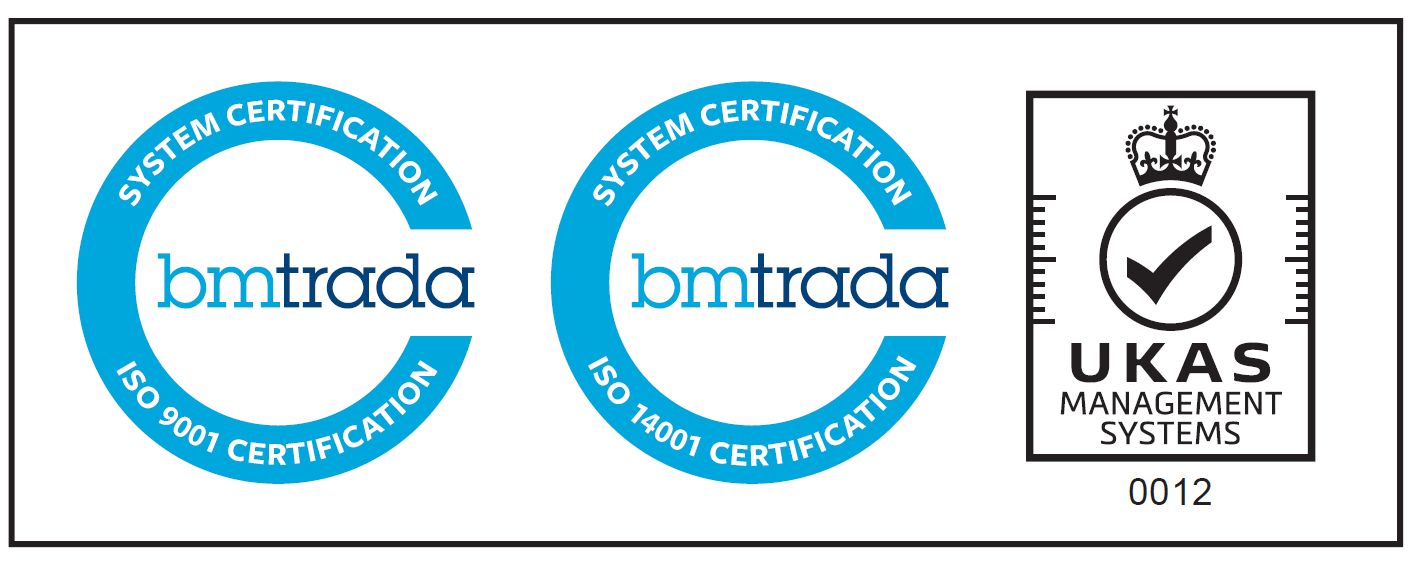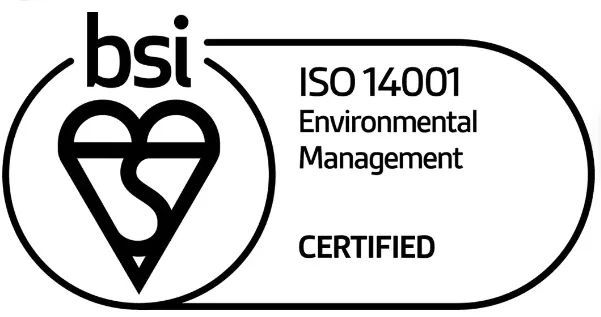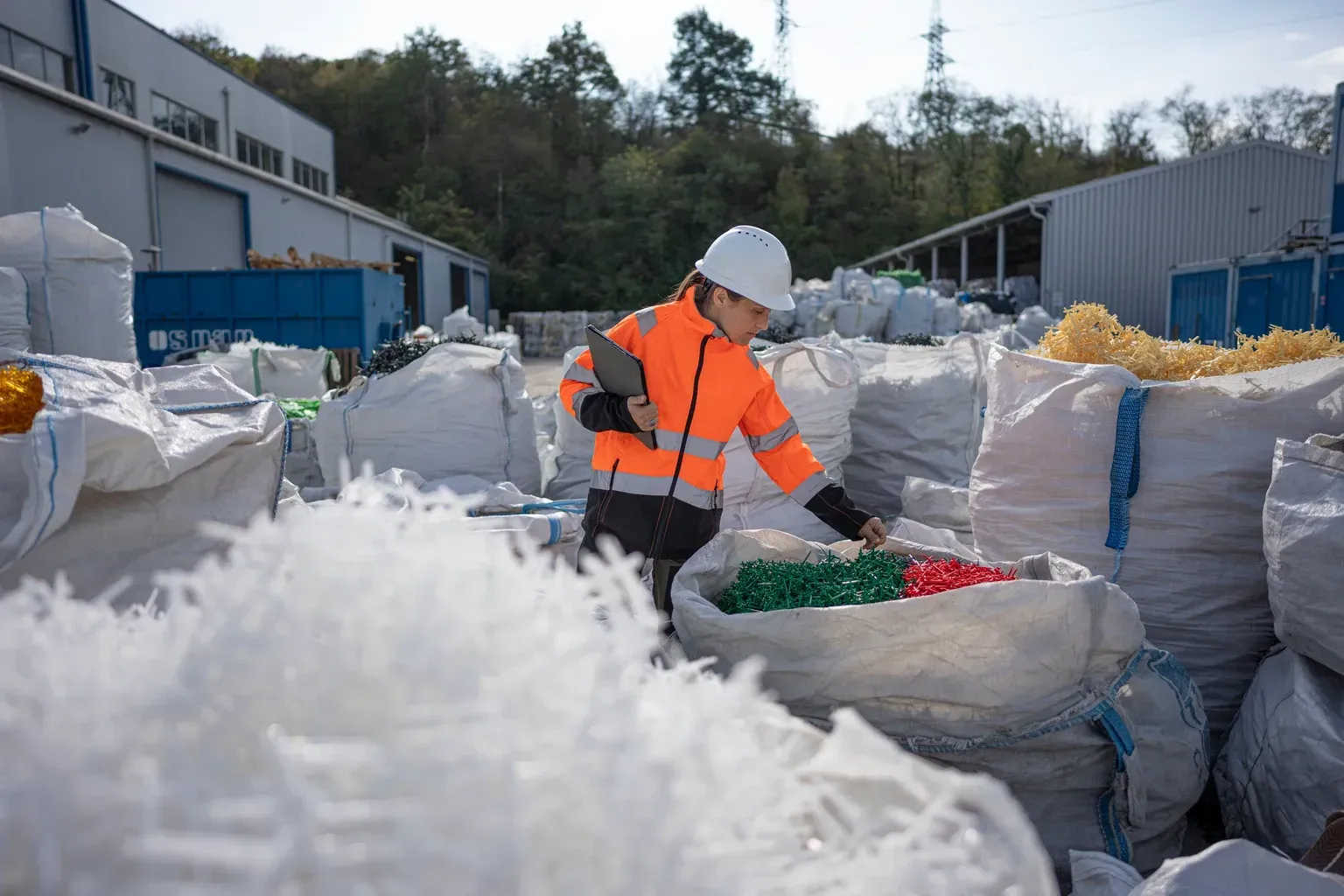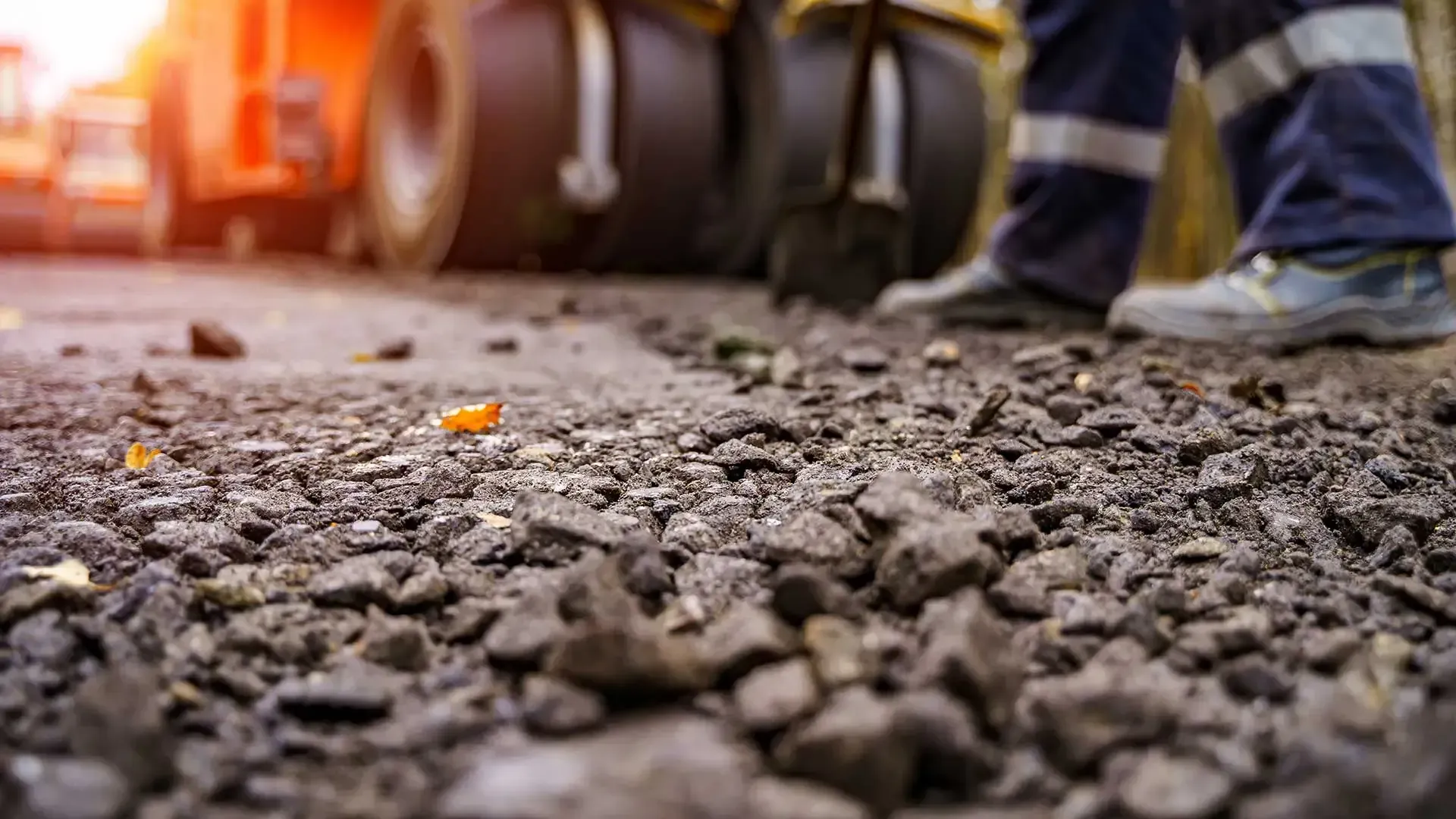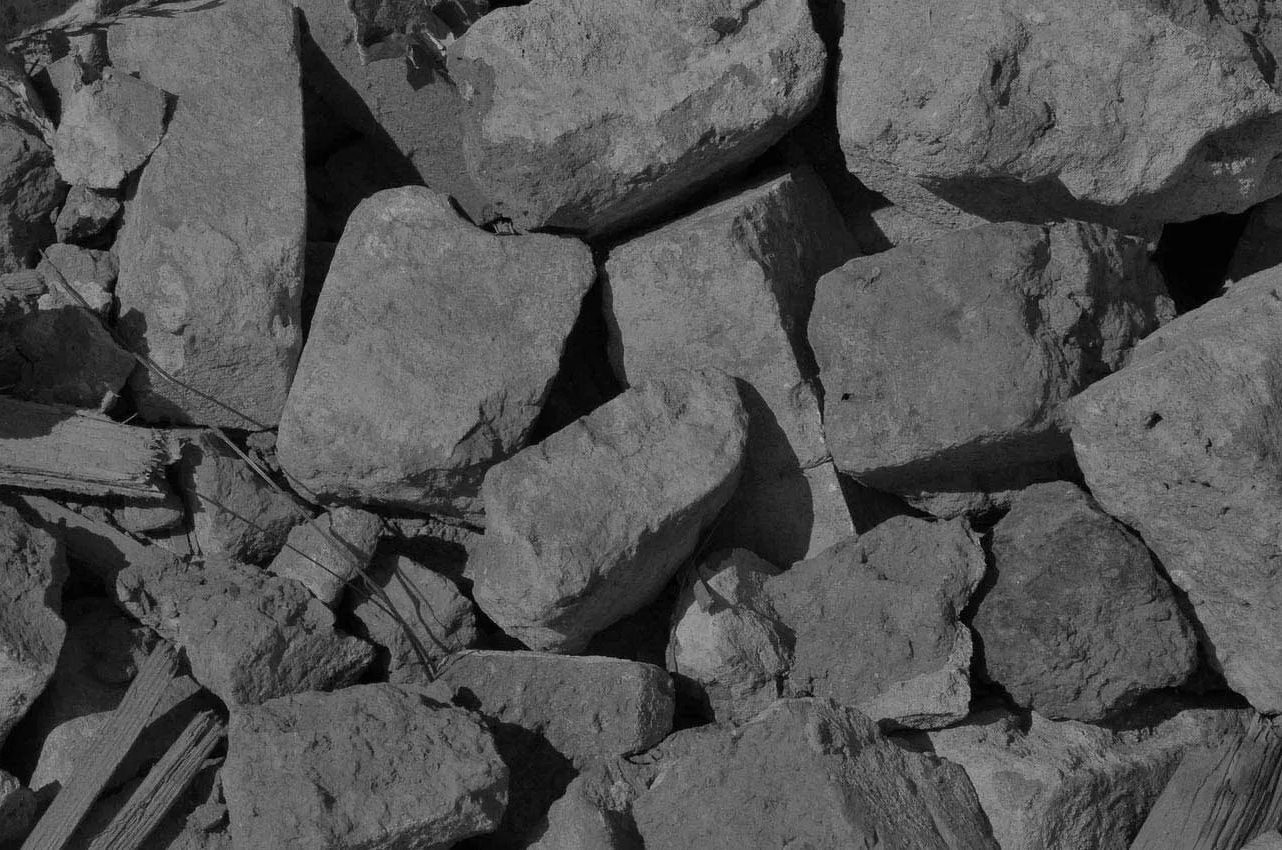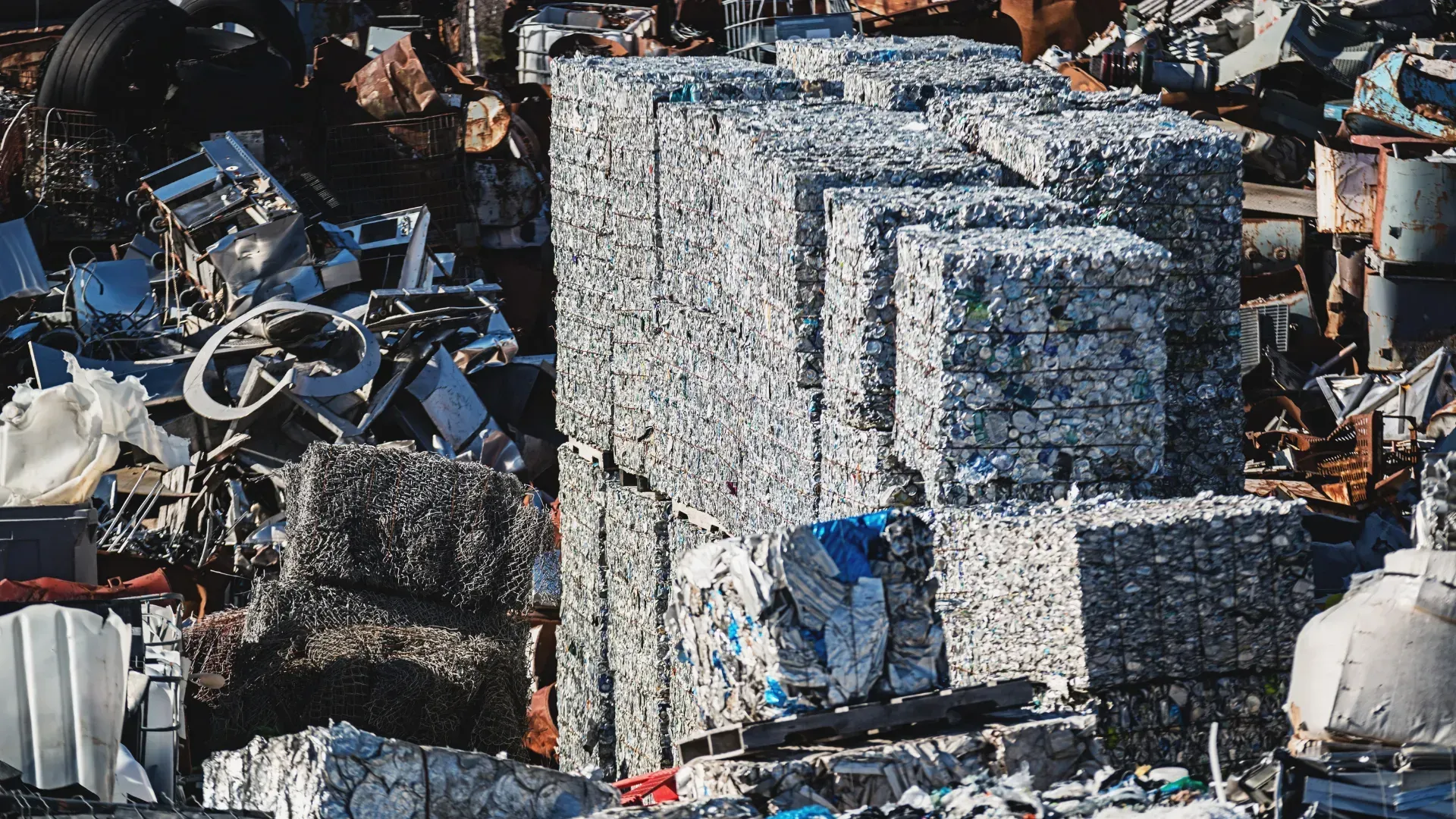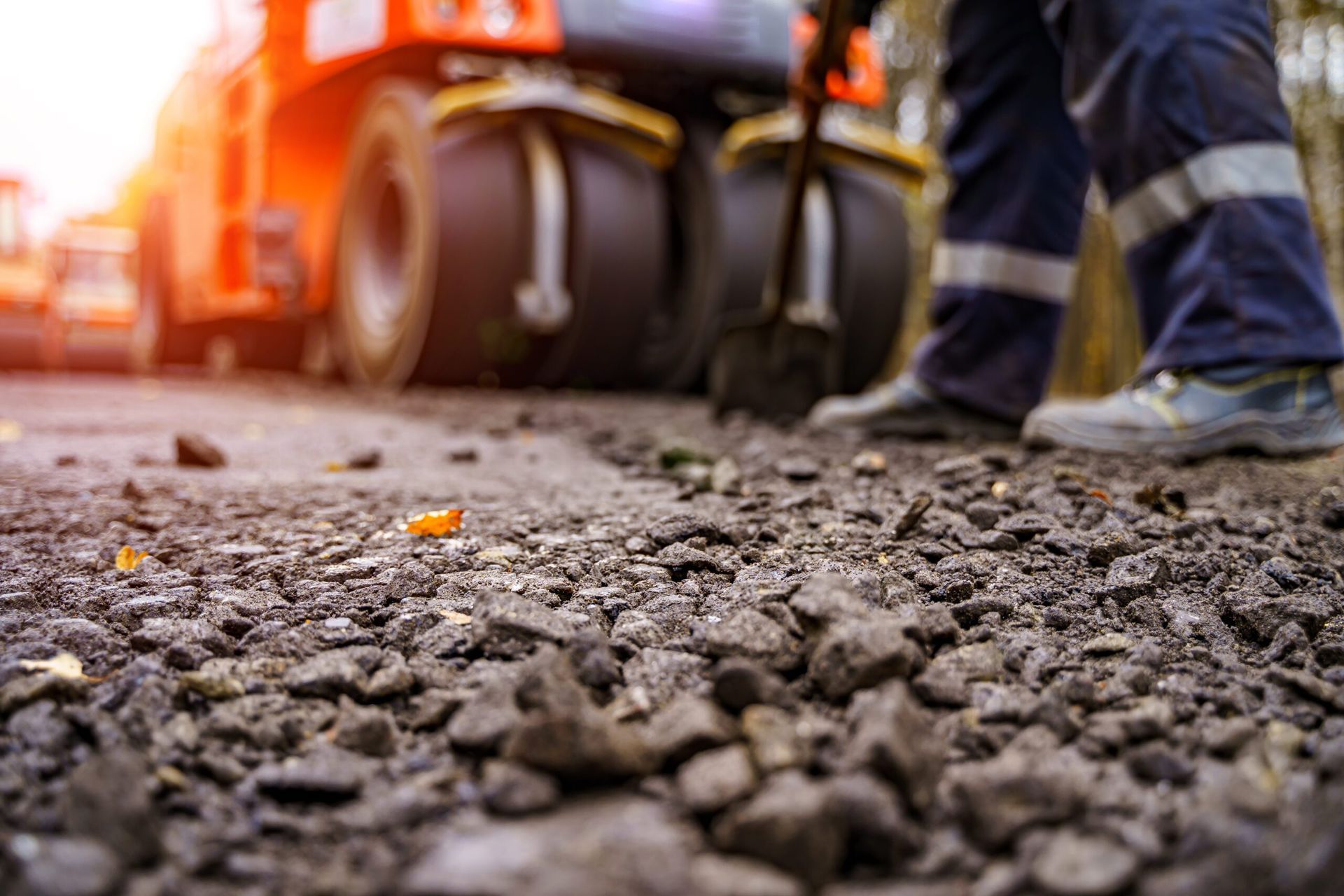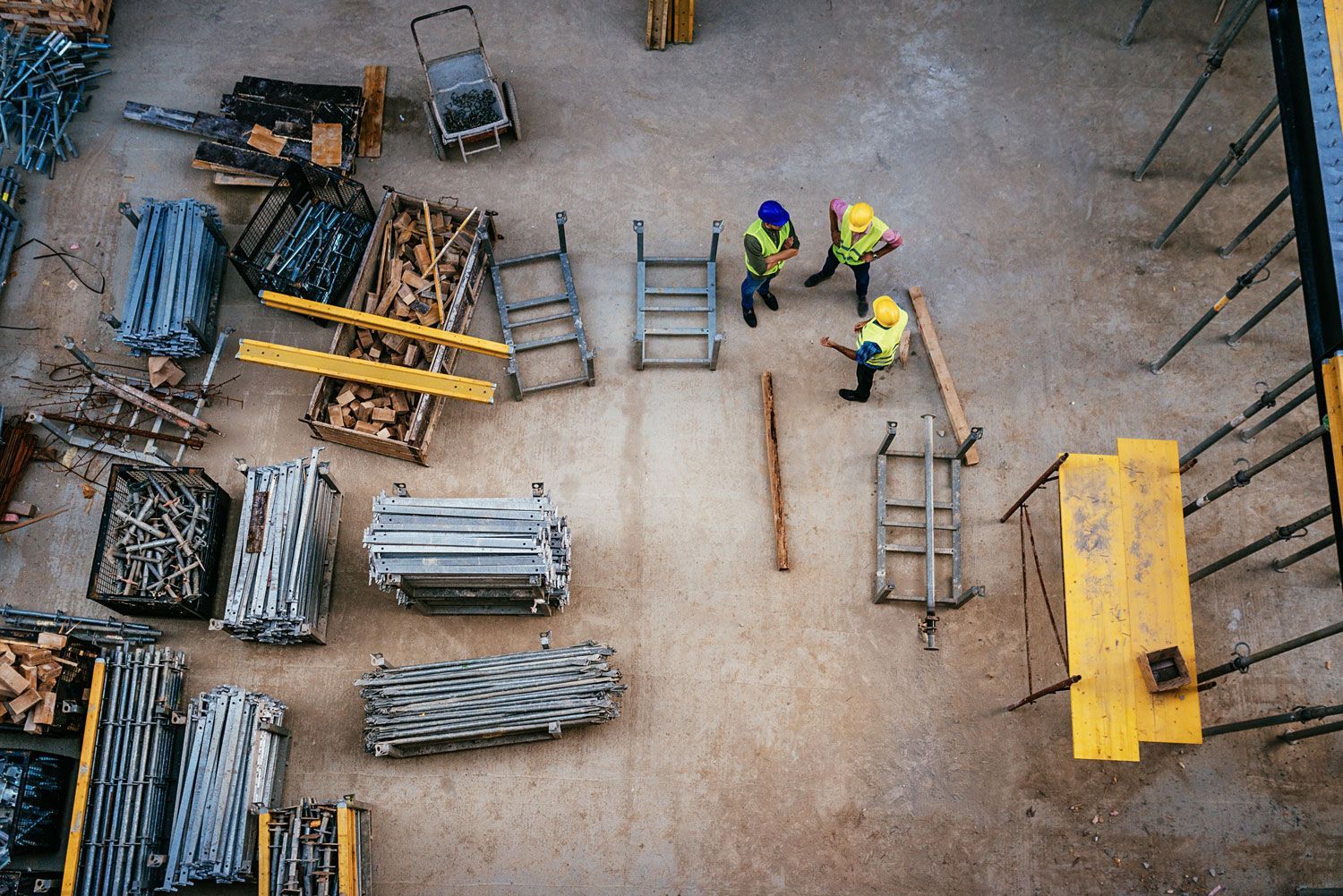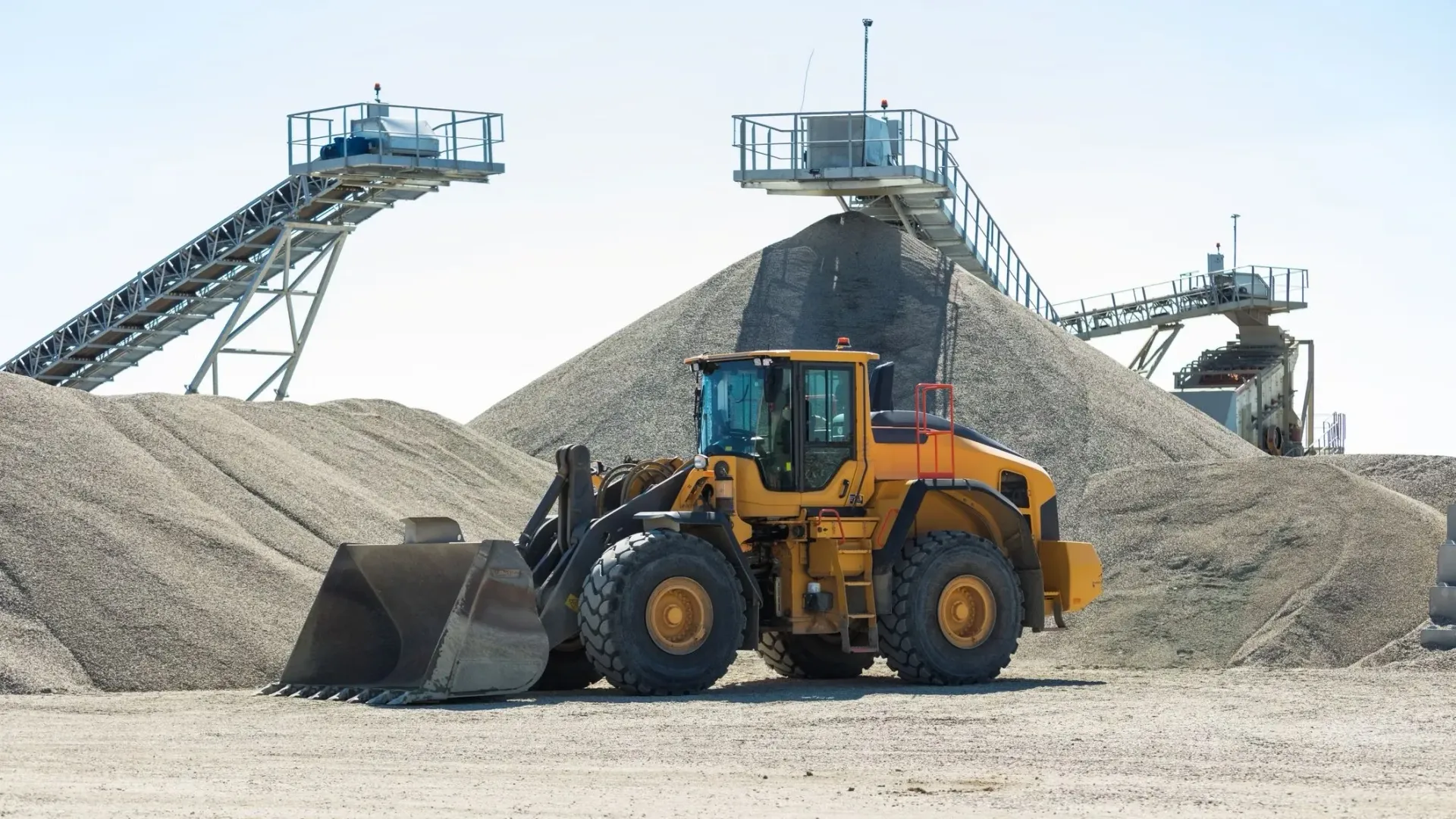How Can Construction Companies Be More Sustainable?
The construction industry has a significant impact on the environment, with some studies finding that it’s responsible for 50% of climate change, 40% of global energy use and 50% of all waste sent to landfill. These statistics are concerning but in recent years many construction companies have made efforts to adopt more sustainable practices.
There are plenty of ways for construction companies to be more sustainable, including responsible waste disposal methods, using recycled materials and incorporating green technologies like solar power into new buildings. Exciting developments are continuing to emerge, so if you want to know more about sustainable construction methods and materials, read on for our handy guide.
Responsible waste disposal
Many companies are making conscious efforts to recycle more and reduce the amount of waste they produce, but it’s virtually impossible for a construction company to be entirely waste free. This means that responsible waste disposal is even more important and companies should ensure that they’re using a sustainable landfill site.
Sustainable landfill sites will separate all waste they collect and recycle as much as possible. They also have special regulations in place to make sure that all waste is disposed of safely and in line with all current regulations. Construction companies should look for a landfill site that’s fully licensed and certified, as well as compliant with the UK Pollution Prevention and Control Regulations, 2012. If you’re looking for a new landfill site, don’t be afraid to ask about the companies environmental credentials and the steps they’re taking to minimise the impact on the surrounding area.
Choose recycled materials
The construction industry consumes vast amounts of raw materials, including aggregate stone, timber and steel. The mining and manufacturing processes for these materials can have a significant environmental impact, but companies can be more sustainable by choosing recycled materials instead.
Sustainable construction materials include recycled aggregates, recycled or reclaimed timber and recycled steel. These materials lessen the impact on the environment as there’s no need to mine for new stone, or chop down trees to create virgin timber. Recycled materials are usually more cost effective too and if you can source them locally then they’re even more sustainable (due to reduced transport emissions).
There are also several more unusual building materials made entirely from waste or recycled products. Take newspaper wood, an idea which originated in Norway. This material is created from recycled paper and card, which is compressed and mixed with solvent-free glue, before being rolled into a ‘log’. The material can then be cut into planks and even sealed like regular wood to ensure it’s waterproof and flame-retardant.
Recycled plastic can even be used to build roads, using a material nicknamed ‘phasphalt’. Phasphalt is made using tiny grains of waste plastic, instead of the sand or gravel used in traditional asphalt. Roads built from this recycled plastic material have been found to be even more durable than traditional asphalt roads, with fewer signs of wear and tear.
Incorporate green roofs
Green roofs bring a wealth of sustainable benefits, especially if they’re incorporated into buildings in dense urban areas. More and more construction companies are choosing to add green roofs to both new and existing buildings and they can drastically improve a building’s energy efficiency and the surrounding environment.
A green roof helps to purify the surrounding air and reduce greenhouse gas emissions, thanks to the plant's ability to absorb carbon dioxide and release oxygen. It also provides extremely efficient insulation and helps to regulate the interior temperature of the building. This saves on both heating and cooling costs and reduces the amount of energy needed to maintain a stable temperature all year round.
A green roof also improves stormwater management, as it can be absorbed into the soil instead of running directly into gutters and storm drains. This reduces the likelihood of sewers overflowing, which can then have a negative impact on nearby rivers and streams. One study found that green roofs can capture up to 80% of rainfall, compared to just 24% for a standard roof.
Harness solar power
Solar power is a key element in green construction and companies can work towards greater sustainability by using solar power in their building designs. Solar power is a form of ‘green’ or renewable energy, and harnessing its power reduces the need to rely on gas or electricity.
Solar power can also be active or passive. Active solar power uses technologies (such as solar panels on a building’s roof) to convert the sun’s energy into heat or electricity. Passive solar power is a method of heating a building using the sun’s rays, which warm interiors via strategic placement of windows and heat-absorbing surfaces.
Solar power is a renewable, free source of energy (aside from the cost of installing the panels), which makes it completely sustainable. Solar power can never ‘run out’ in the way that fossil fuels can and it doesn’t emit any greenhouse gases when producing energy.
Biodegradable materials
Construction companies can also make use of biodegradable materials (as well as recycled and reclaimed building materials) in an effort to be more sustainable. Many traditional construction methods and materials produce vast amounts of waste and toxic chemicals, which can take hundreds of years to degrade. Companies should aim to use biodegradable materials wherever possible to limit their impact in the environment.
There are many different materials to choose from, including organic paints, which don’t release harmful toxins as they degrade. Man made insulation materials like fibreglass can also be harmful to the environment once they become waste, but there are many natural insulation alternatives to choose from. Sheep’s wool, plant fibre and recycled paper or plastic can all be used to make effective, biodegradable insulation for a building’s loft, walls or floors. Choosing natural insulation helps to lower a building’s overall carbon footprint and it’s found to offer similarly high levels of acoustic and thermal comfort.
Water efficient technologies
Incorporating these systems is a highly efficient way for companies to move towards more sustainable construction and they can improve a buildings overall efficiency. Put simply, water efficient technologies reuse water from within the building’s system, or they collect and recycle rainwater from outdoors.
Examples of water efficient technologies include dual plumbing, rainwater harvesting and water conservation fixtures (such as shower heads or toilet flushes). As mentioned above, green roofs can also be used alongside water efficient technologies to help collect and store rainwater. These methods are particularly efficient in urban areas (which can be prone to water shortages) and they aim to lower water wastage by up to 15%.
William Thompson & Son - A sustainable landfill site for your waste in Dumbarton
If you’re looking for a sustainable landfill site in Dumbarton, get in touch with the team at Thompson Quarries. We’re proud to offer responsible waste disposal for businesses across Glasgow, Dumbarton and Lanarkshire and we’re committed to having the most positive impact possible on the local environment and landscape.
Our landfill site is fully S.E.P.A licensed and you can be confident that any non-recyclable waste will be disposed of in the safest, most sustainable way possible. We also work closely with agencies including Historic Scotland and Environmental Health, to ensure that our landfill site and processes have as little negative environmental impact as possible. If you’re looking for sustainable construction materials we also offer recycled aggregates, available for delivery throughout Dumbarton and Glasgow. For more information about any of our services or to discover how we can help your construction company become more sustainable, give us a call today or get in contact via our website.
